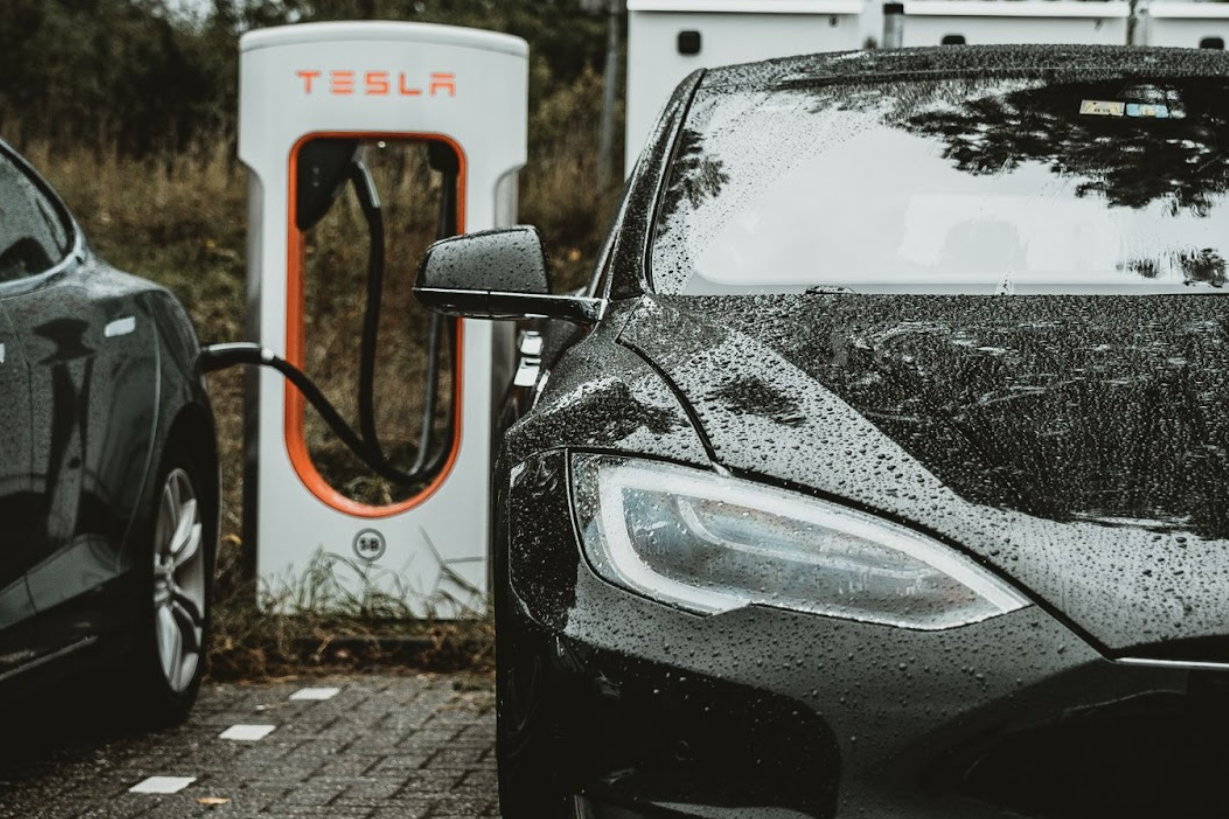COLUMBIA, MD / ACCESSWIRE / April 25, 2023 / In the United States, gas taxes are an instrumental part of infrastructure projects. The federal government and all 50 U.S. states impose gas taxes; the average state gas tax is about 31 cents a gallon. These taxes then get funneled into projects that help with road maintenance costs and other roadway-related infrastructure projects. However, the rise of electric vehicles and the governmental push towards electrification is causing legislators to think of alternative ways to levy taxes and support economic needs.

Recently in April, President Biden and the Environmental Protection Agency outlined plans to ensure that two-thirds of new passenger cars and a quarter of new heavy trucks sold in the US are all-electric by 2032. This proposal would help support the $1.2 trillion Infrastructure Investment and Jobs Act (IIJA) that was passed in November 2021. While this is great news for the environment, electric vehicles do not generate federal and state gas tax revenue.
One state is ahead of the curve and working with technology company Rekor (NASDAQ: REKR) to outline solutions to make up for the decrease in gas tax revenue. Oregon has been a pioneer in the shift towards vehicle electrification, with more than 50,000 electric vehicles registered - making up around 8% of the state's new car, truck, and SUV sales. Because of this, the Oregon Department of Transportation (ODOT) has needed to find innovative ways to finance road maintenance, preservation and improvements.
In early 2023, ODOT contracted Rekor and its partners to collect data and help establish a sustainable funding model that addresses the growing adoption of electric and hybrid vehicles.
Rekor is an AI-driven data company that uses its digital infrastructure operating system, Rekor OneTM, to ingest billions of data points from multiple sources to transform data into knowledge that can be used to improve transportation systems into fully functioning and safe roadways. Rekor is able to obtain data from third-party data sources like Waze, proprietary data capture, and existing infrastructure information and then processes those data points through Rekor OneTM, which can then be used by customers to make the best decisions for infrastructure investment.
The ODOT has been working hard to develop a state-wide Connected Vehicle Ecosystem and Rekor's technology is assisting in this goal. Rekor will deploy an innovative Connected Vehicle Ecosystem (CVE) that will collect data from millions of vehicles to create a foundation of connectivity to support road usage charges across various states and jurisdictions. This solution, developed to support the needs of the ODOT, can be expanded and utilized by states across the US, leveraging a growing network of partners, multiple automotive OEMs, and connected vehicle data and technology providers. The company's proprietary data capture devices, Rekor Edge Max and Rekor Edge Flex, will be instrumental in this data collection.
As consumer behavior continues to shift towards vehicle electrification and governmental programs support this adoption, the need for CVEs and creative solutions to changing systems will be crucial for success. Companies like Rekor are instrumental in this success.
Featured photo by Andreas Dress on Unsplash.
Contact:
Charles Degliomini
ir@rekorsystems.com
SOURCE: Rekor Systems
View source version on accesswire.com:
https://www.accesswire.com/751075/Federal-And-State-Gas-Taxes-Help-Fund-Infrastructure-Projects-So-What-Happens-As-More-Cars-Become-Electric




